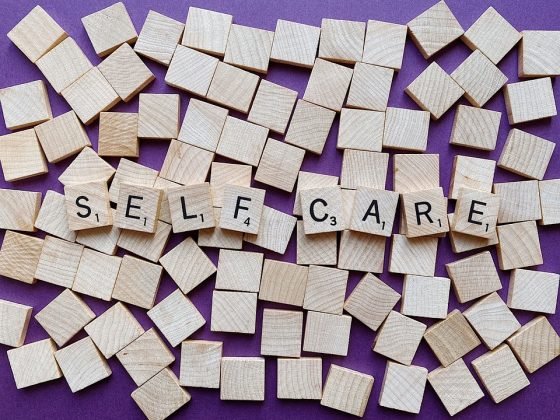The Impact of Stress on Your Health
Stress is a natural response to challenging situations, triggering the body's “fight or flight” response. When faced with a threat, the body releases hormones like adrenaline and cortisol, preparing you to either fight the threat or run away from it. While this response can be useful in certain situations, chronic stress can have detrimental effects on your health.
When stress becomes persistent, it can lead to a variety of health issues, both physical and mental. Chronic stress has been linked to conditions such as heart disease, high blood pressure, obesity, diabetes, and weakened immune function. It can also exacerbate existing health problems like asthma, arthritis, and irritable bowel syndrome.
On a mental health level, stress can contribute to anxiety, depression, and burnout. It can affect your mood, concentration, and memory, making it difficult to perform daily tasks effectively. Over time, chronic stress can significantly impact your overall quality of life and increase your risk of developing more serious health problems.
How to Manage Stress
Fortunately, there are several strategies you can use to manage stress and reduce its impact on your health. Here are some effective ways to cope with stress:
1. Identify the source of your stress: Take some time to reflect on what is causing you stress in your life. Is it work-related, family-related, or something else? Once you identify the source of your stress, you can begin to address it more effectively.
2. Practice relaxation techniques: Engaging in relaxation techniques like deep breathing, meditation, yoga, or progressive muscle relaxation can help calm your mind and body, reducing stress levels.
3. Exercise regularly: Physical activity is a great way to relieve stress and improve your overall well-being. Aim for at least 30 minutes of exercise most days of the week to help combat stress.
4. Maintain a healthy lifestyle: Eating a balanced diet, getting enough sleep, and avoiding excessive alcohol and caffeine can all contribute to better stress management.
5. Seek support: Talking to friends, family members, or a therapist about your stress can provide emotional support and help you cope more effectively.
6. Set boundaries: Learn to say no to commitments that are causing you undue stress and prioritize self-care.
FAQs
Q: Can stress cause physical symptoms?
A: Yes, chronic stress can manifest in physical symptoms such as headaches, muscle tension, digestive issues, and fatigue.
Q: How can I tell if I am experiencing chronic stress?
A: Signs of chronic stress include irritability, anxiety, trouble sleeping, difficulty concentrating, and an increased reliance on unhealthy coping mechanisms like overeating or substance abuse.
Q: What are some short-term strategies for managing stress?
A: Taking breaks, practicing mindfulness, engaging in hobbies, and spending time in nature can all help reduce stress in the short term.
Q: When should I seek professional help for stress?
A: If your stress is overwhelming and negatively impacting your daily life, it may be time to seek help from a therapist or mental health professional. Don't hesitate to reach out for support when needed.
In conclusion, understanding the impact of stress on your health and implementing effective stress management strategies is crucial for maintaining your overall well-being. By taking proactive steps to reduce stress and prioritize self-care, you can mitigate the negative effects of stress and improve your quality of life.











